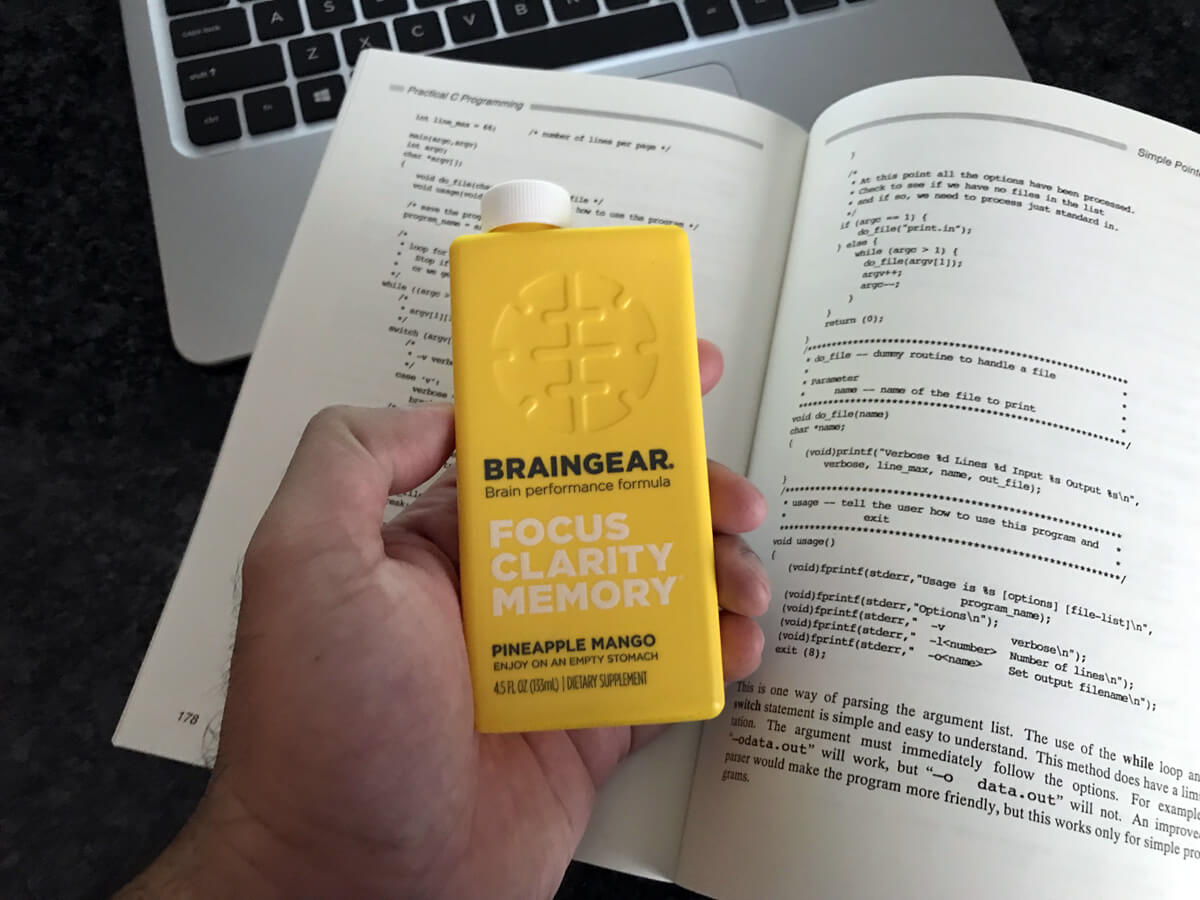Learn about brain health and nootropics to boost brain function
Nootropics and the quest to improve our brains through ‘barely regulated’ dietary supplements


It helped too that, as vague as the term “smart” is, “nootropics” is equally broad. It was coined by Romanian scientist Corneliu E. Giurgea in 1972 when he created a drug he believed enhanced memory and learning. … But today it’s an umbrella term that includes everything from prescription drugs, to dietary supplements … anything a person might use in an effort to enhance cognitive function, whatever that might mean to them. …
For those people, there’s Whole Foods bottles of Omega-3 and B vitamins. In 2013, the American Psychological Association estimated that grocery store “brain booster” supplements and other cognitive enhancement products were already a $1 billion-a-year industry. In 2014, analysts projected “brain fitness” becoming an $8 billion industry by 2015. And of course, supplements — unlike medications that require prescriptions — are barely regulated, making them a nearly limitless market.
…
The brain supplements industry is still expanding. A recent report by Grand View Research estimated it could reach $10.7 billion annually by 2025, growing steadily at about 8 percent per year. “Growing health concerns over depression, anxiety, anti-aging, and sleep recovery issues” will contribute to the continued rise, the report states.
…
Nobody is taking these things for no reason. They’re pushing themselves for what seems to them like very good reasons, and turning themselves into crash test dummies.
Read full, original post: The all-too-understandable urge to buy a better brain
Click here to view full article